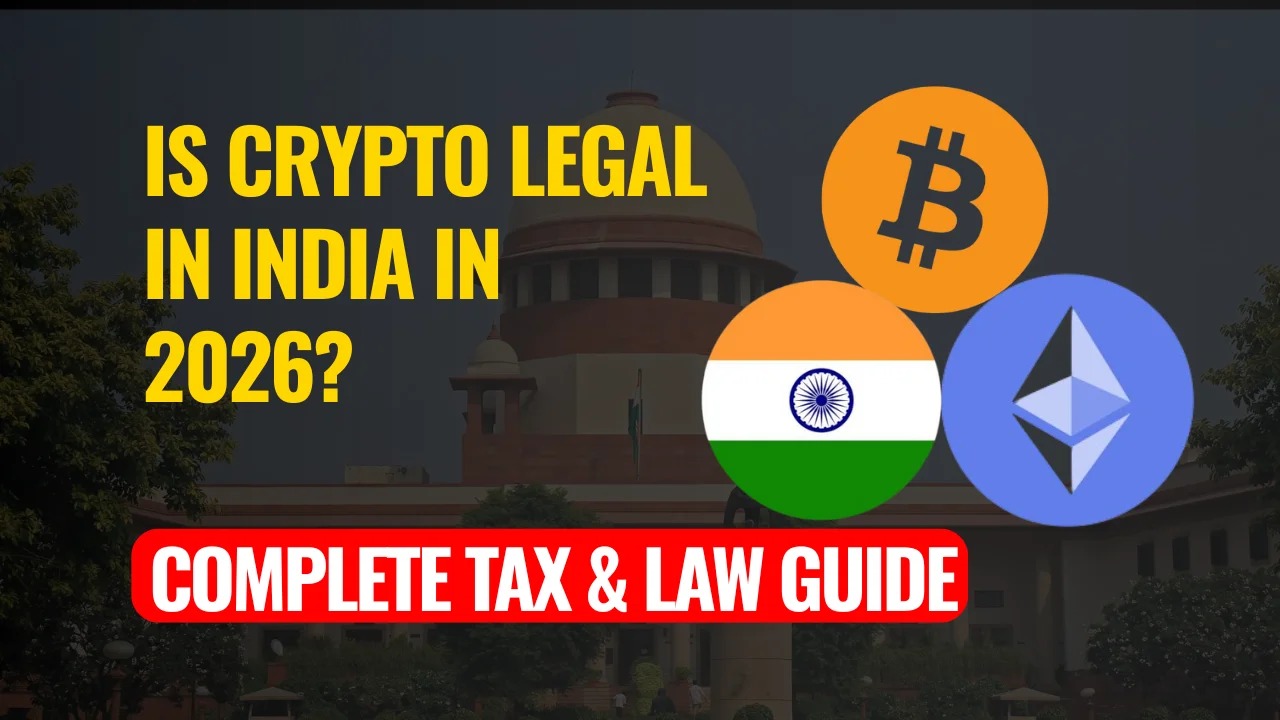@JUDGMENTTAG-ORDER
Harbans Singh, J.@mdashThis is a reference by the Financial Commissioner under Sub-section (4) of Section 22 of the Pepsu General Sales Tax Ordinance, 2006 Bk. (No. 33 of 2006 Bk.).
2. The facts briefly stated are as follows: The petitioner-firm, Messrs Ramji Das Om Parkash, carries on business of hardware merchants at Mandi Gobindgarh which is in the erstwhile Pepsu State. The petitioner-firm filed its business return before the Sales Tax Assessing Authority for the year 1949-50 giving its gross turnover at Rs. 7,805, on 23rd of July, 1950. The return was, however, not accepted and the assessee was asked to produce evidence on 21st of September, 1950. However, on that Very day, i.e., 23rd July, 1950, the Assessing Authority received secret information that huge stocks of iron material were concealed by the assessee in different places in Mandi Gobindgarh. In pursuance of this, the Assessing Authority, accompanied by an Inspector, went to various places where the assessee was supposed to have concealed the stock and actually found considerable quantity of galvanized sheets in a building known as Drug House at Gobindgarh and Anr. quantity of such sheets and iron material weighing something like 500maunds at house No. 287, and iron material weighing 600 maunds in house No. 254 and 1800 maunds in the house of one Nand Lal, goldsmith, all at Gobindgarh. The ownership of the stocks, so found, was denied by the firm and at a later stage an affidavit of one Om Parkash of Ludhiana was submitted to the effect that the Drug House, in which huge stocks of galvanized sheets were noticed, had been taken on rent by the aforesaid Om Parkash through the assessee-firm on a monthly rent of Rs. 10. It was further indicated that the Drug House was vacated on 1st of August, 1950. Despite several adjournments granted to the firm, this Om Parkash was not produced before the Assessing Authority. The Assessing Authority, taking into consideration the failure of the assessee-firm to produce Om Parkash and to substantiate the position taken by it that the house had been taken on rent by Om Parkash through the assessee-firm, the statement of Bhag Singh Chaukidar of the Drug House as well as the statement of the present owner of the house, Dr. Shankar Dutt, came to the conclusion that the stocks that were seen at various places did belong to the assessee-firm. Taking into consideration the value of the stocks, so discovered and fixing their price at Rs. 1,80,000, the conclusion arrived at by the Assessing Authority was that the annual gross turnover of the assessee-firm must be about Rs. 2,50,000. As the period under assessment was only 4 1/2 months, the turnover for this period was taken at Rs. 1,00,000. The firm was consequently assessed at Rs.. 3,125. The appeal filed before the Deputy Commissioner of Sales Tax was accepted and the declared turnover of Rs. 7,805 was accepted. Whereas'' the order of the Assessing Authority is a detailed one, covering about 10 typed pages, the Appellate Authority'' wrote a short 1 1/2 page judgment and the grounds taken in accepting the appeal do not appear to be very convincing. The Excise and Taxation Commissioner, suo motu acting u/s 21 of the Ordinance aforesaid-, set aside the appellate order and restored that of the Assessing Authority. Inter alia, the Commissioner was of the opinion that- .
(1) the report of Shri Punjab Ratan was brushed aside as based on hearsay. This is wrong, keeping in view of the fact that he had himself gone to the spot and his report is based on the facts seen by him and that this officer bore no grudge against the assessee;
(2) the Appellate Authority failed to notice that the statement of Bhagh Singh Chaukidar of the Drug House was recorded on 10th of April, 1951, and the same is full of contradictions and falsehood and that his statement could not be relied upon;
(3) the statement of Balu Ram of the firm Baluram Harnam Singh recorded by Shri Punjab Rattan had mysteriously disappeared from the file and this could not be without the active connivance of the assessee-firm; and that, in any case, the statement of Mukandi Lal, Munim of Balu Ram Harnam Das, clearly established that the iron goods discovered at various places belonged to the assessee-firm;
(4) Shankar Dutt, the present owner of the Drug ''House had clearly, mentioned that the persons, whose, goods were lying in the Drug House, belonged to Gobindgarh.
3. Being aggrieved by this order, the assessee-firm moved the Financial Commissioner, in the exercise of his revisional powers u/s 21. This revision was dismissed on 6th of July, 1957, on the ground that the same was barred by time having been filed more than 90 days after the order of the Excise and Taxation Commissioner, and the Financial Commissioner further observed that there was no question of law involved in the present case. The application made to the Financial Commissioner for referring the point of law u/s 22 was dismissed, but, on directions being issued under Sub-section (4) of Section 22 by this Court, in General Sales Tax Case No. .3 of 1958, dated 2nd of December, 1960, the following two questions have been referred to this Court by the Financial Commissioner :- .
(1) Whether, on the facts and in the circumstances of this case, the revision application of the applicant could have been dismissed as barred by time ?
(2) Whether, on the facts and in the circumstances of this case, no question of law arose out of the order of the Excise and Taxation Commissioner ?
4. With regard to the first question it is stated in the order of the Financial Commissioner himself that no period of limitation is prescribed either by the Ordinance or the Rules made thereunder and the period of 90 days is fixed merely as a practice of the Financial Commissioner. It is obvious that the Financial Commissioner cannot, by prescribing any procedure for his working, in any way modify the statute or curtail the rights of the assessee. It is for the Financial Commissioner or the Excise and Taxation Commissioner to use his discretion in the exercise of his power of revision and he may decline to exercise this power in an appropriate case where the delay in filing the revision does not appear to be reasonable. However, the revision cannot be dismissed on the short ground of the same being barred by time when no time is fixed by the statute. In this connection reference may be made to Chaman Lal and Bros. (Private) Ltd. v. The Punjab State and Ors. 1961 P.L.R. 495 Headnote (ii) runs as follows :-
* *it is open to the Financial Commissioner to prescribe a rule for exercising his revisional jurisdiction, but where the statute or the statutory rules do not lay down any fixed period of limitation, the rule of practice must not and cannot be rigid. Statutes conferring a right of appeal or a revision must be construed in furtherance of justice and the provision limiting the time for bringing an appeal or revision must be liberally interpreted, so that the party pursuing such remedy is not non-suited on mere technicalities; this is all the more so, where the period of limitation is not prescribed by a legislative authority but is fixed merely as a matter of practice by the Tribunal itself under its inherent powers of regulating its procedure.
5. The first question, therefore, must be answered in the negative. Apart from the above, in the order of the Financial Commissioner dated 7th of February, 1958, refusing to refer the matter u/s 22, he had come to the conclusion that taking into consideration the fact that the orders were kept reserved by the Excise and Taxation Commissioner and were communicated to the assessee later on, and, if this period and the period for obtaining copies are taken into consideration, the revision was filed well within 90 days.
6. As regards the second question, two points were raised by the learned counsel for the assessee-firm: (1) that there was no material on the record whatever on the basis of which the Assessing Authority could have come to the couclusion that the stocks belonged to the assessee, and (2) that, in any case, the discovery of the stocks was in July, 1950, and this could not be taken into consideration in assessing the turnover of the firm during the preceding year. Having heard the learned counsel for the assessee-firm, I find no force in either of these two arguments. There was ample material on the record which has been discussed in detail by the Assessing Authority, and to me it appears that the Deputy Commissioner, Sales Tax, passed a most perfunctory and unsatisfactory order giving no proper reasons for setting aside the well-considered order of the Assessing Authority. Some of the points taken by the Assessing Authority have already been referred to above. I am of the view that it cannot be urged that there was no evidence in support of the finding of the Assessing Authority.
7. On the second point, the argument of the learned counsel for the assessee-firm was that the stocks that are found in the hands of a firm in the year succeeding to the one for which the assessment is being made, cannot be taken into consideration. The year under assessment closed on 31st of March, 1950. The return has to be filed on a date after that. The stocks in the hands of the firm must necessarily be those which are found with the firm after the close of the assessment year. One cannot find any logic in the argument of the learned counsel that such stocks cannot be taken into consideration, It is obvious that if at the close of the year or soon thereafter, the firm is found to possess stocks worth nearly two lacs of rupees, the outturn of the firm must be of the same magnitude because, as stated by the Assessing Authority, no business firm will lock so much of capital in maintaining huge stocks if its turnover is only to the tune of Rs. 7,805 during four months. I am, therefore, of the view that in the circumstances of the present case, no question of law arose and the second question must also be replied in the negative. It was not disputed before us that the powers of revision of the Excise and Taxation Commissioner u/s 21 are much wider than under the CPC and he can interfere on grounds of illegality or impropriety of the order.
8. This reference is, therefore, answered as above. The petitioner will pay the costs of the respondent which are assessed at Rs. 200.
Falshaw, C.J.
9. I agree.

